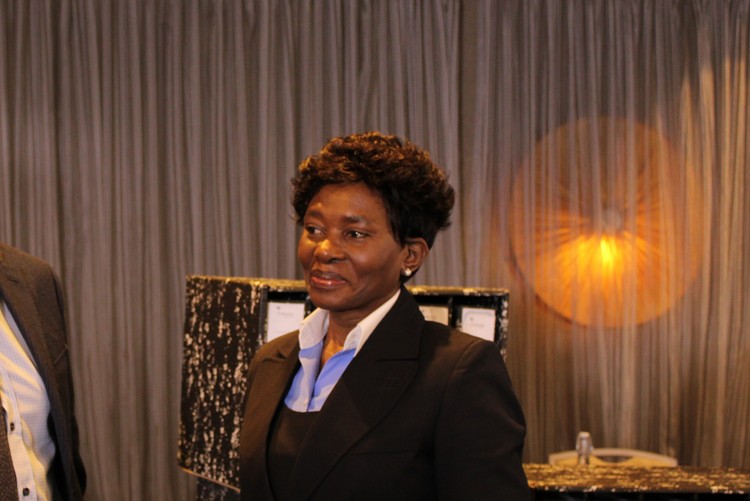
23 July 2024
Judge Makhubele had been unfairly branded a liar, the Judicial Conduct Tribunal probing her fitness to hold office was told on Tuesday. Archive photo: Masego Mafata
Suspended Gauteng Judge Nana Makhubele had been unfairly branded a liar and a criminal who flirted with corruption, theJudicial Conduct Tribunal probing her fitness to hold office was told on Tuesday.
Her advocate, Thabani Masuku, argued that if, as he said she should be, Makhubele were found not guilty of the two charges levelled against her, there would be a need to “clean up” so that she could hold her head up high and resume judicial duties.
“I urge you to say something about those words [used by the evidence leaders and lawyers acting for the complainant #UniteBehind] in your final write-up to restore the dignity of her rights which have been violated through a process to hold her accountable,” Masuku said.
Makhubele is facing possible impeachment following a complaint by #UniteBehind that she was an appointed judge at the same time that she was chair of the PRASA interim board, and that she involved herself in state capture by authorising, in an alleged “secret settlement deal”, payments from PRASA to the Siyaya group of R56-million, sidelining the internal legal team. The Siyaya group has been implicated in state capture.
Makhubele’s version, on the first charge, is that she was not a judge at the time she was the chair of the PRASA board because she had not yet accepted the offer of a judge’s post.
Gauteng Judge President Dunstan Mlambo, in his evidence, said Makhubele had been appointed a judge as of 1 January 2018. When she had failed to arrive for work to take the oath, he had summoned her to his chambers. In the presence of his deputy, Judge Aubrey Ledwaba, he had extracted from her that she was chair of PRASA. She had refused to resign from the position, saying she did not want to “disappoint the minister”.
But Makhubele claimed she had a long standing agreement with Mlambo that she could not take up office on 1 January. She said the mid-January meeting never happened.
Both the evidence leaders and lawyers for #UniteBehind argued on Monday that the Tribunal, chaired by Judge Achmat Jappie, would have to make a credibility finding relating to this.
But Masuku said this was not necessary, urging the Tribunal not to “rush to make credibility findings” which was “dangerous territory”.
He said the conflicting versions were not a reflection that “one is telling a lie and one is telling the truth”. He said that was just how they remembered it and there were differences in their recollections.
“It is reasonably possibly true that there was a memory lapse,” he said, noting that communication between the two of them was often “informal”.
He said his client was not, as a matter of law, a judge from 1 January, so she could not be guilty of gross misconduct. This was because she had refused to accept the appointment and Mlambo was aware of this. She had taken up judicial office only on June 1, 2018, after President Cyril Ramaphosa signed a fresh certificate of appointment.
On the second charge, relating to her time at PRASA, advocate Menzi Simelane said the tribunal had no jurisdiction to investigate and pronounce on her conduct in relation to the settlement of the Siyaya claims.
He said this was because the Companies Act and the Public Finance Management Act prescribed how such investigations should be dealt with - and those investigations had not yet been done.
The Special Investigations Unit, he said, was also investigating the affairs of PRASA from 2010 to 2020.
Any finding against Makhubele of gross misconduct in terms of the Constitution would thus be premature because the tribunal did not “even have half of the whole story” and had not heard from other board members and the acting CEO at the time, Lindikaye Zidi.
Simelane then proceeded to deny all the detailed allegations against Makhubele, saying she had not broken any laws in settling the Siyaya claims.
The Tribunal has now adjourned and will produce a written report on its findings.
Jappie said he hoped to do this before the next meeting of the Judicial Service Commission which is in October.